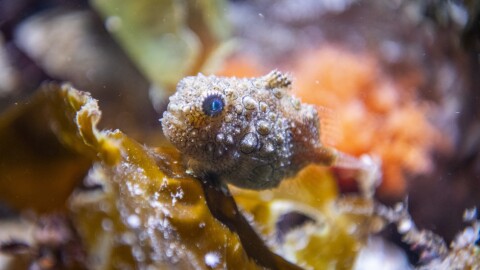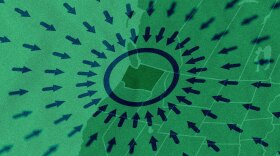-
The small, clumsy fish isn’t the strongest or fastest creature living in Puget Sound. But it has developed other tools to survive in rough waters.
-
Mary E. Brunkow, Fred Ramsdell and Shimon Sakaguchi were honored for research into how the body helps the immune system avoid attacking your own tissues instead of foreign invaders.
-
University of Washington scientists have worked for years to help bring the Vera C. Rubin Observatory online so it can begin mapping the night sky.
-
A researcher monitoring Axial Seamount, 300 miles off the coast of Oregon, says the eruption is expected to happen before the year is over.
-
The Seattle Pandemic Preparedness Cohort study is designed to give a real-time snapshot of which respiratory viruses are out there and how they are evolving and spreading.
-
Venus, Mars, Jupiter and Saturn are visible to the naked eye in January and for part of February. Uranus and Neptune can only be spotted with binoculars and telescopes.
-
A University of Washington study found benefits, and widespread interest, in the emerging field of psychedelic-assisted therapy for health workers still struggling with COVID-era trauma.
-
The Nobel Prize in chemistry was awarded Wednesday to David Baker, Demis Hassabis and John Jumper for their work with proteins. The awards continue with the literature prize on Thursday.
-
Michael Sanchez was testing out his new camera when he happened upon a feathered subject. The blue rock-thrush he photographed on the coast of northern Oregon last week has excited the birding world.
-
"Science for Everyone" includes 3D-printed statues of women innovators from the Pacific Northwest, a play area to explore STEAM careers and lays out the inequalities that remain in scientific fields.
-
Scientists in Washington recently used NASA satellites to learn more about snow in the mountains and manage water resources.
-
A new atlas of the human brain could help explain abilities like language – and vulnerabilities, like Alzheimer's disease.















